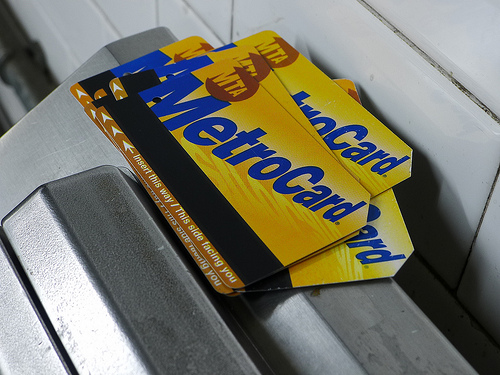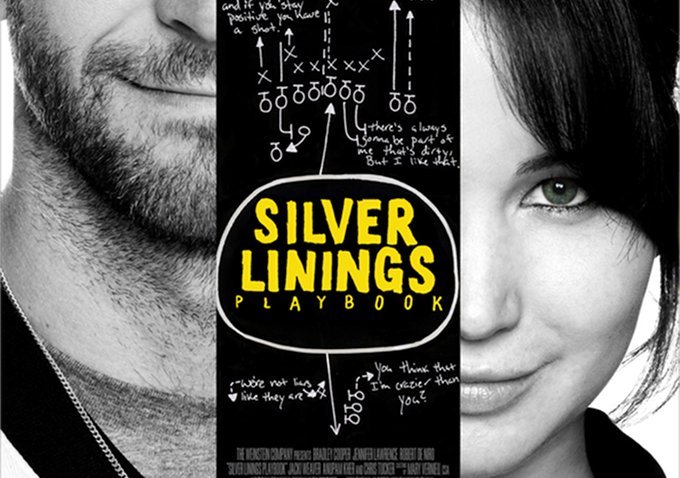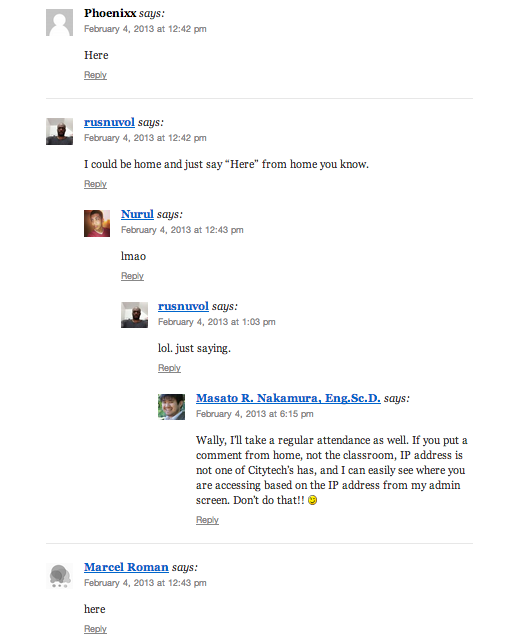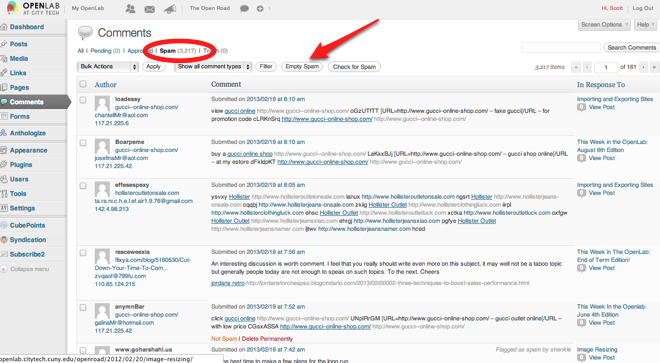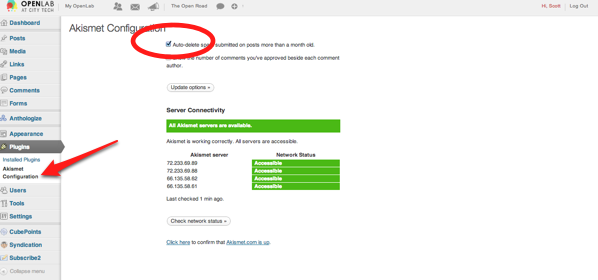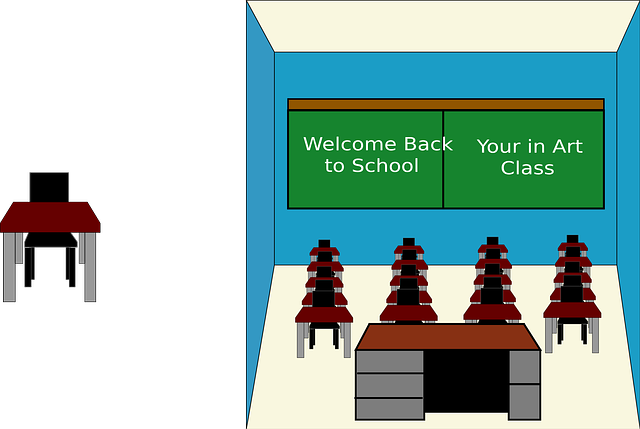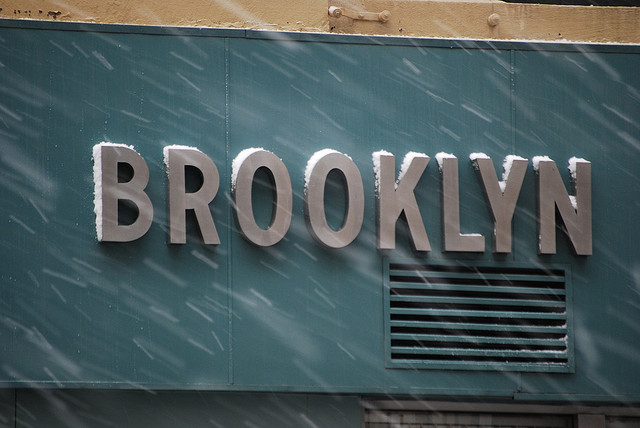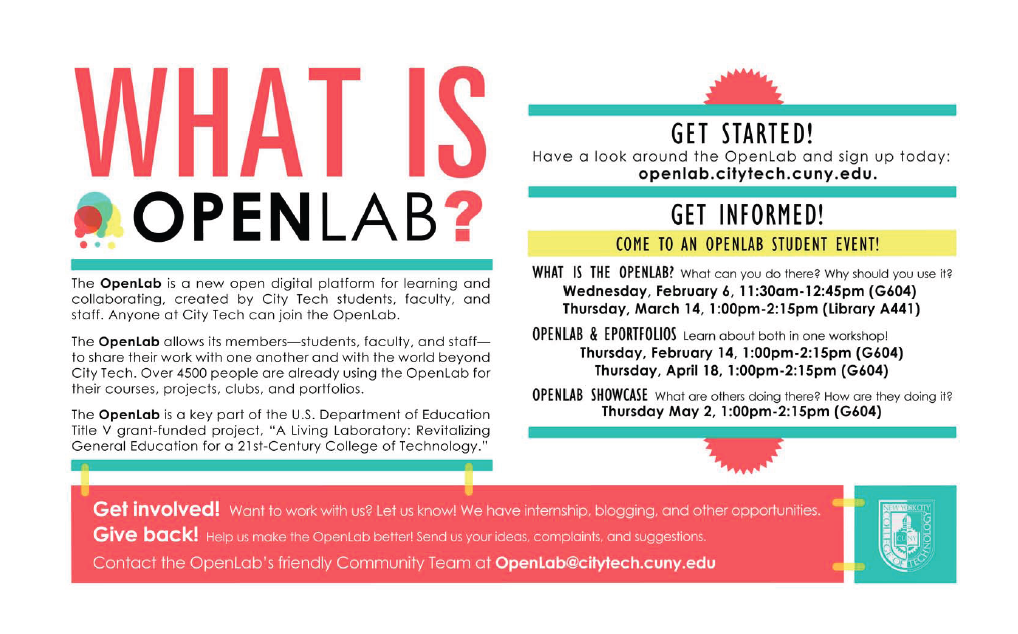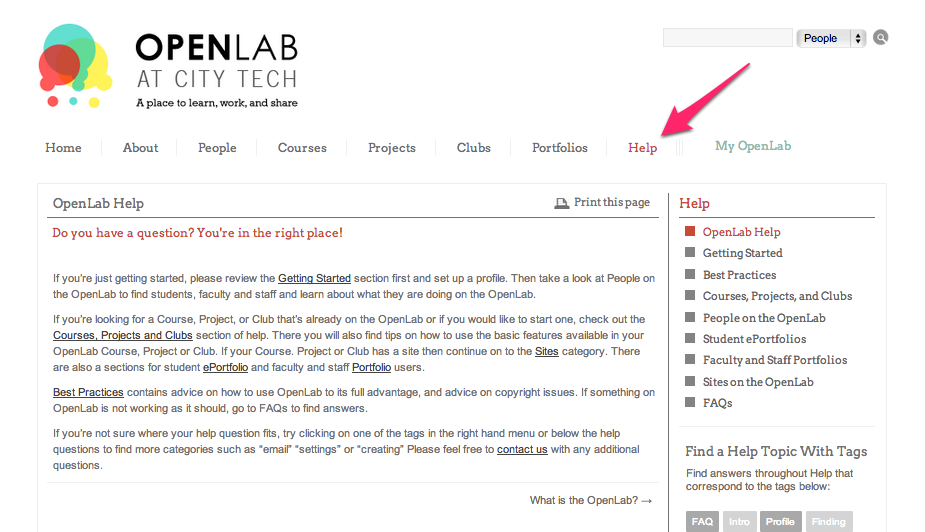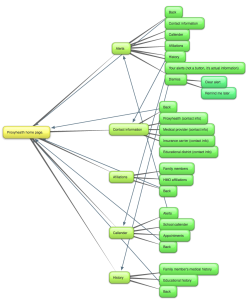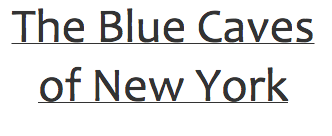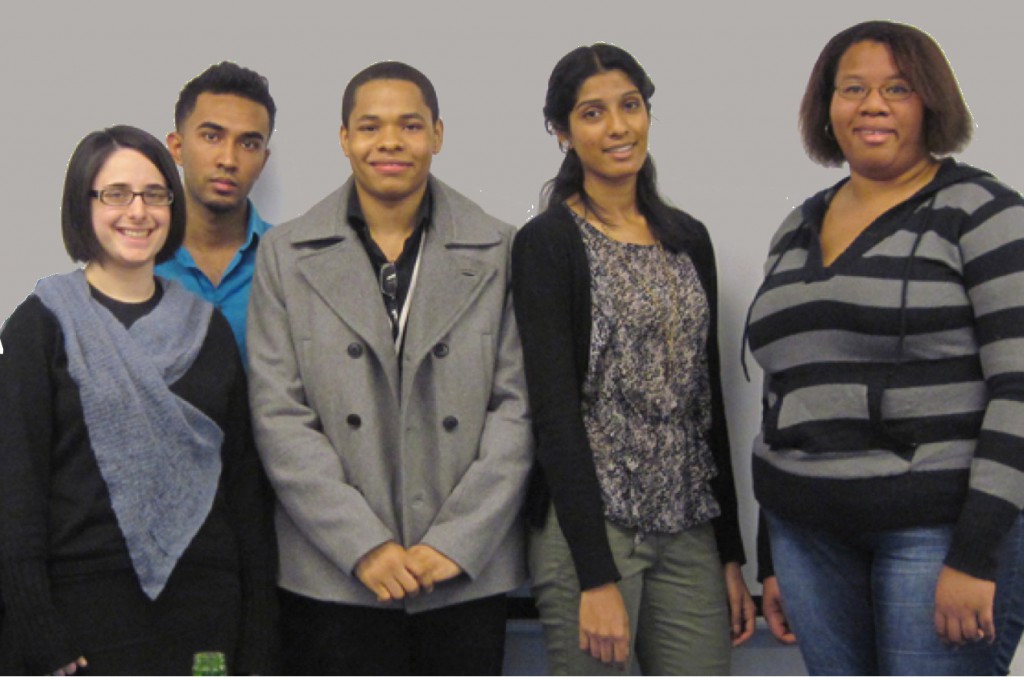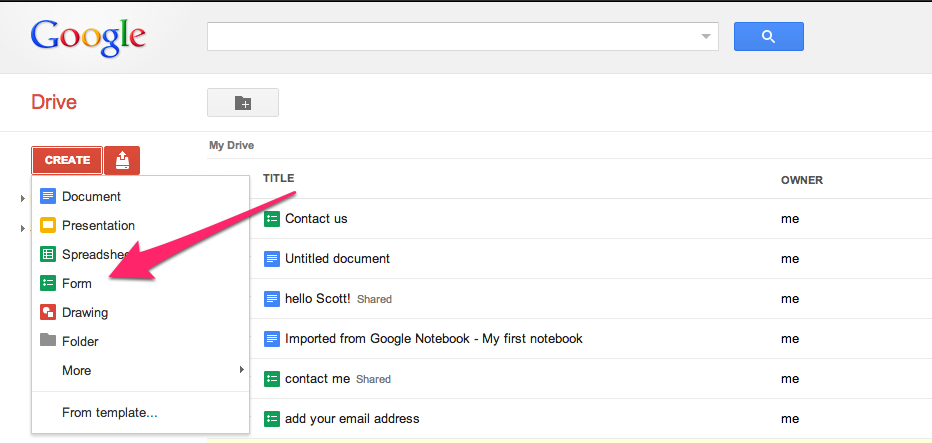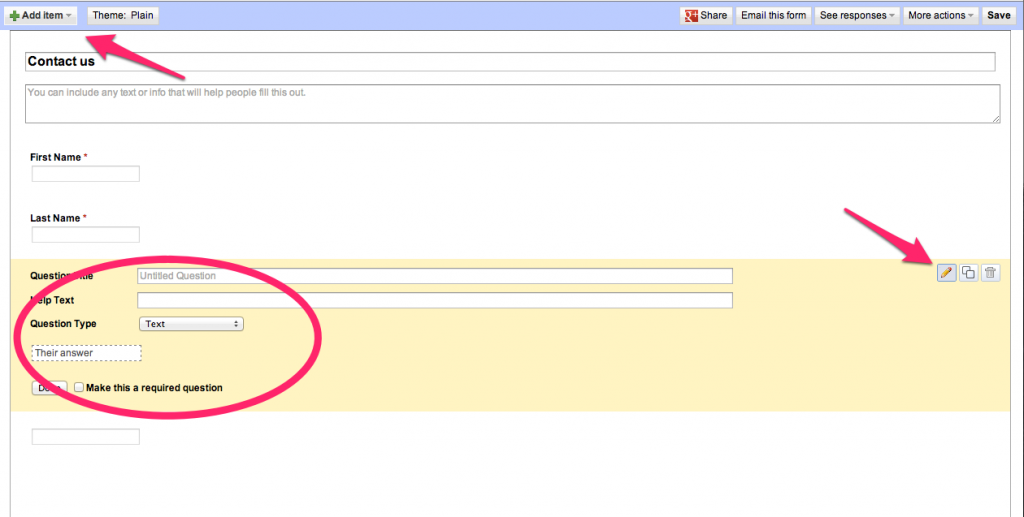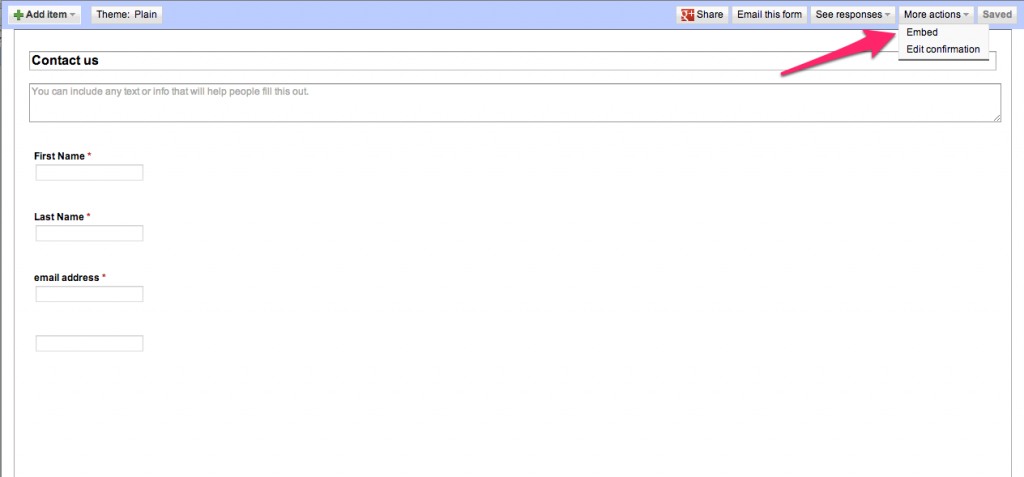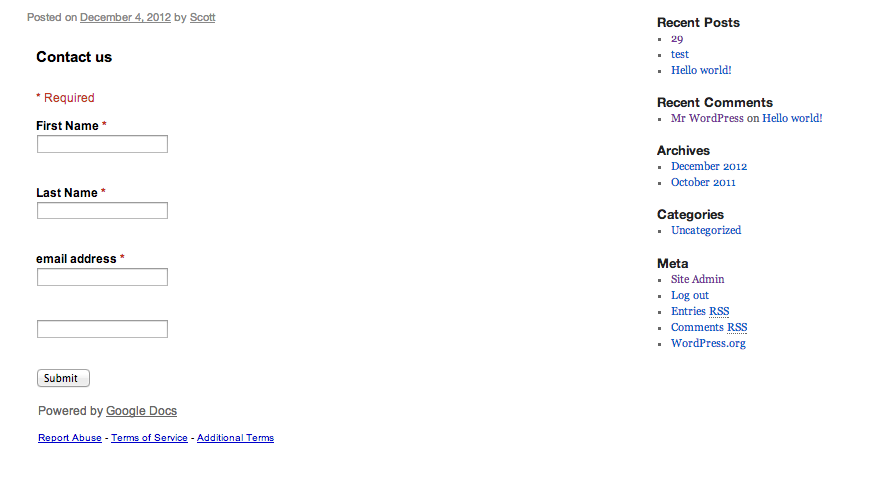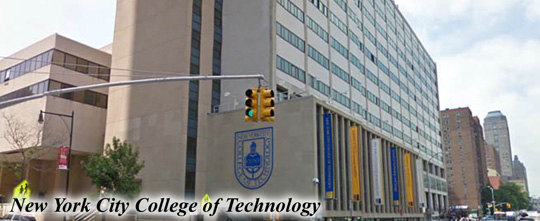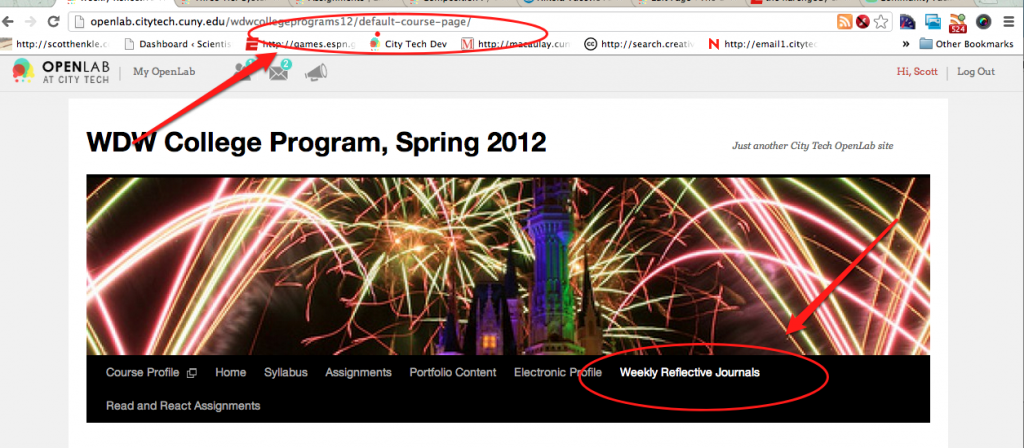(image of Buzz Aldrin by photo by cliff1066™ via Creative Commons Liscence)
This week we’re going to again shamelessly promote our new student community team’s blog, called The Buzz! We’ve been doing good work there, and would love it if you joined to get the regular updates through your email. If you’re logged in to the OpenLab, you can do that here. Share it with friends, comment, be a part!
Here are a few excerpts from our most discussed posts:
_____________________
Anyone else sick of these MTA fare and toll hikes?!
“”I don’t know about anyone else, but I for one am sick of this! It seems like just yesterday tokens cost $1.50. Boy, look how far we’ve come. Now, twenty five cents more, may not seem like a much, but when you make multiple trips along with having other expenses, such as bills and tuition, it sure does add up to a lot.
Oh, how I miss the days of high school, when we were given free metro cards. Now, looking back, I realize what a life saver those things were. What really pisses me off, though, is the fact that you now have to pay an extra dollar to buy a new metro card. Oh, but wait, the MTA was “gracious” enough, to let us exchange our expired, or worn out cards, for a free new one. Um…thanks guys?”
__________________
Sleepless Nights Can Shut Down Your Genes
“Your genes get a beating every week you deprive yourself of sleep, so as Professor Colin Smith was saying, to those who experience less than 6 hours of sleep every single day for a longer period of time that can lead to a weaker immune system since your genes aren’t producing any protein and damaged tissues aren’t being replaced. It can also lead to obesity since it affects your metabolism as well as raise stress levels tremendously
So guys don’t deprive yourself of sleep. The next time your mom or whomever yells at you to get out of bed, just tell show them this article, then hop right back into bed and, get all cozy and hug yourself to sleep… because you know that’s not awkward at all… Remember a rested you means a happier you.”
_______________
Finding a Faculty Mentor; That’s What they Get Paid for
“Did you know that these faculty actually have a mandatory number of student advisement hours? If we don’t go to them during their hours, what are they being paid for? Their really waiting for you to come, and they want to help you with your classes.
They also want to help you with other aspects of college life. Your faculty are the ones who’ve been through college, they’ve been through more life than you, and by the way, they’re the ones who are going to right letters of reccomendation for you. Don’t you think you should do yourself a favor and get yourself a mentor?”
___________________
Registering your devices on Tech’s WiFi
“Droid users rejoice!
For semesters students have been complaining about the lack of Wi-Fi support for Android powered devices – left out in the cold in favor of Apple products. iPhone and iPad users have been able to connect to the internet by downloading the Bradford Mobile Agent App off the Apple App store Spring 2012, however recent improvements have allowed the school’s network to finally support Android devices. Granted, Droid enthusiasts will have to register each device with Computing Information Services by heading down to the Student Welcome center and giving them the device’s MAC address, but that’s relatively simple considering how difficult it can be to get a PC or Mac authenticated for use on the net.”
Every Playbook Has a Silver Lining
“The combination of characters in ‘Silver Linings Playbook’ is what makes this film feel extraordinary. These characters possess mental illnesses but manage to be quirky and sad and funny and charming all at once. Director David O. Russell takes some serious themes and delicately treats them with humor.
Russell’s script, packed with originality and unpredictability, sets the film apart from a typical standard. Silver Linings Playbook, is wrapped in a bittersweet exterior. The characters and their lines never stop feeling recognizably real.
The film explores themes of family bonds, second chances, and what is thought to be “normal” in this world. Through humor (often dark humor) we experience an upbeat, feel-good story that feels genuine. The film stays with you long after you’ve left the cinema, and leaves a smile on your face.
Patricia’s Rating:
That’s all for this week! Thanks for joining The Buzz!


